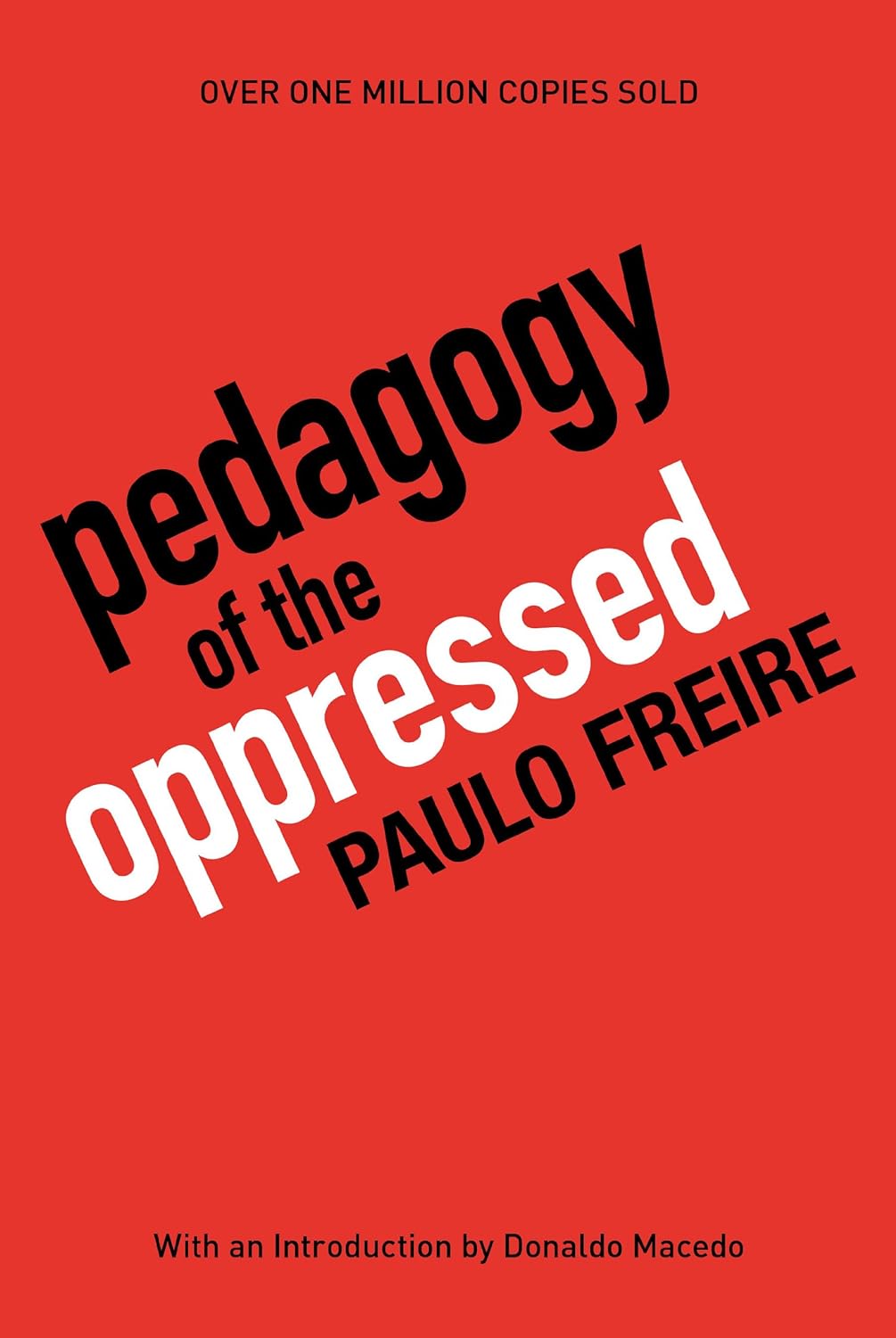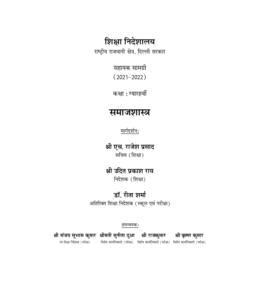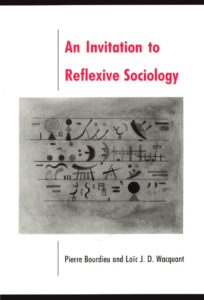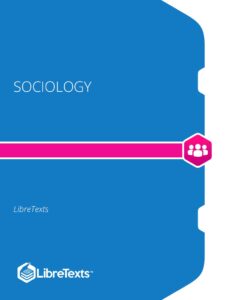Pedagogy of the Oppressed Paulo Freire

Overview
“First published in Portuguese in 1968, Pedagogy of the Oppressed by Paulo Freire was translated and published in English in 1970. The methodology of the late Paulo Freire has helped to empower countless impoverished and illiterate people throughout the world”
| Publisher | Continuum |
|---|---|
| Year | 2005 |
| Pages | 183 |
| Filesize | 5.6 MB |
| Format |



